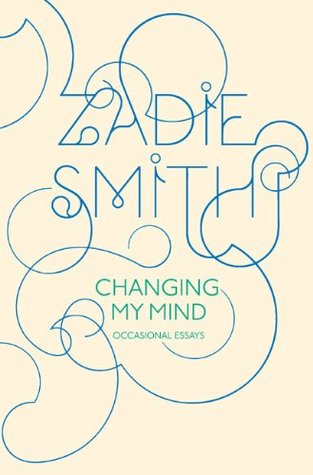In The Pleasure of the Text and "S/Z", meanwhile, we find Barthes assigning this work of construction to readers themselves. Here a rather wonderful Barthesian distinction is made between the "readerly" and the "writerly" text. Readerly texts ask little or nothing of their readers; they are smooth and fixed in meaning and can be read passively (most magazine copy and bad genre writing is of this kind). By contrast, the writerly text openly displays its written-ness, demanding a great effort from its reader, a creative engagement. In a writerly text the reader, through reading, is actually reconstructing the act of writing, a thrilling idea with which Nabokov would sympathize, for that was the kind of active reader his own work required. But then Barthes imagines a further step: that by reading across the various "codes" he believed were inscribed in the writerly text (the linguistic, symbolic, social, historical, et cetera), a reader, in an active sense, constructs the text entirely anew with each reading. In this way Barthes reverses the hierarchy of the writer-reader dynamic. The reader becomes "no longer the consumer but the producer of text".
contrast this with Nabokov's view that the author is the one who circumscribes, limits (for the reader)

